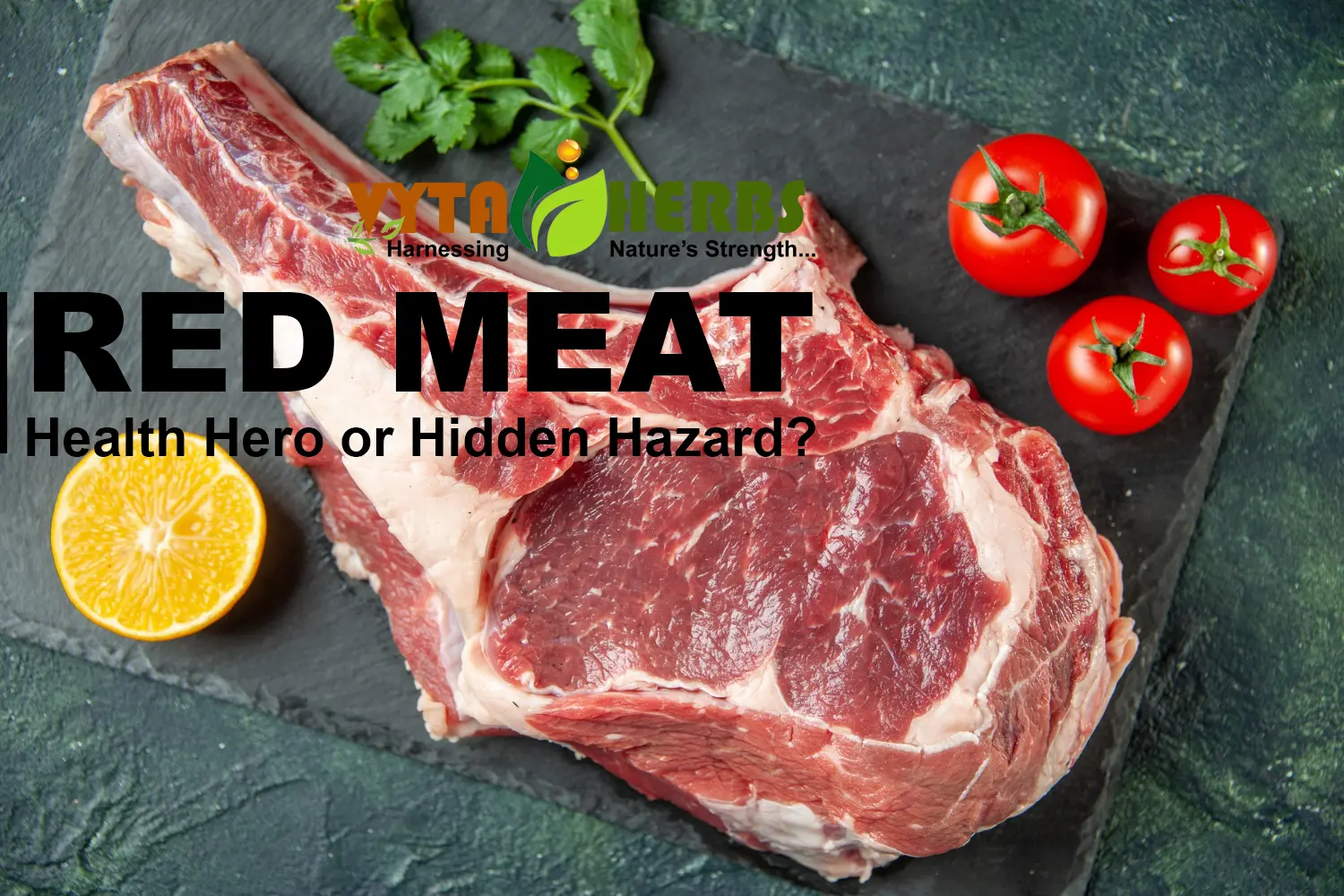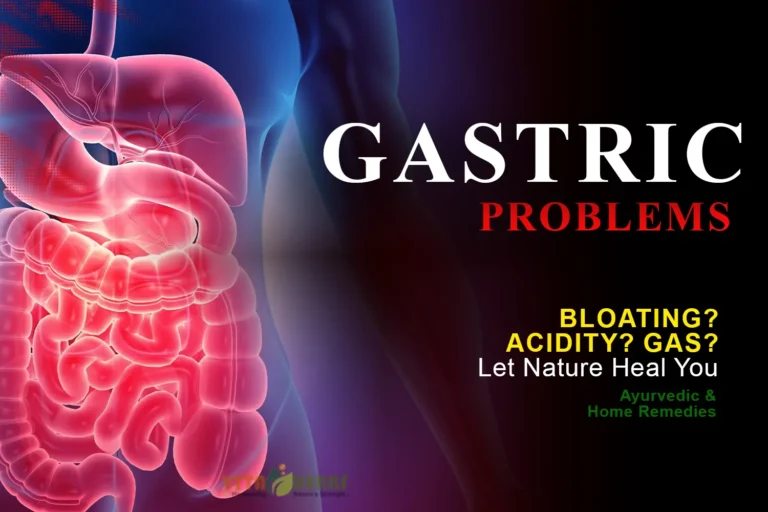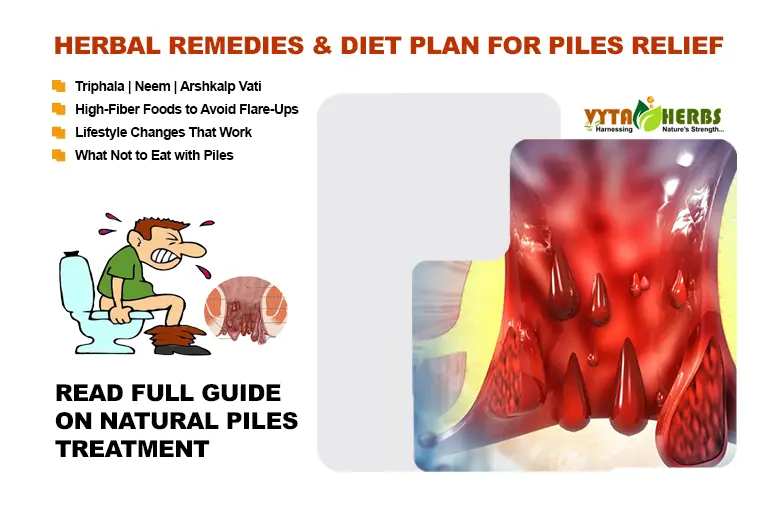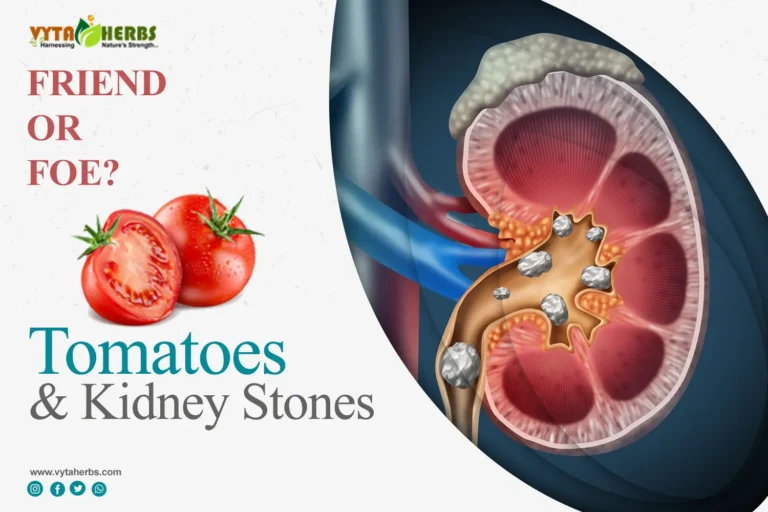The debate over whether red meat is good or bad for our health has been ongoing for years, and it’s become even more relevant today as we face a growing number of health challenges. With diseases like heart disease, cancer, and diabetes on the rise, many wonder if red meat plays a role in causing these illnesses, or if it can actually be part of a healthy diet. Let’s take a closer look at the benefits, risks, and alternatives.
The Benefits of Red Meat
Red meat is rich in nutrients that are crucial for our bodies. Some key benefits include:
- High-Quality Protein: Red meat is an excellent source of complete protein, containing all nine essential amino acids needed for muscle repair, immune function, and energy.
- Iron: It’s a great source of heme iron, which is more easily absorbed by the body compared to non-heme iron found in plant sources. This helps in preventing iron deficiency and maintaining energy levels.
- B Vitamins: Red meat is packed with essential B vitamins, particularly B12, which is vital for brain health, DNA production, and red blood cell formation.
- Zinc: Crucial for a healthy immune system and wound healing, zinc found in red meat supports various bodily functions.
- Creatine & Carnosine: These compounds support muscle and brain function, making red meat a popular choice among athletes.
The Risks of Red Meat Consumption
While red meat provides essential nutrients, there are potential health risks associated with regular or excessive consumption, especially when processed forms are involved.
- Heart Disease: Studies have shown that high consumption of red meat, especially processed varieties like bacon, sausages, and ham, can increase cholesterol levels, raising the risk of heart disease.
- Cancer: The World Health Organization (WHO) has classified processed meats as carcinogenic, linking them to colorectal cancer. Even unprocessed red meat, when consumed in large quantities, may increase the risk of certain cancers.
- Diabetes: Some research suggests that excessive red meat intake, particularly processed forms, can increase the risk of type 2 diabetes due to high levels of saturated fats and additives.
- Gut Health Issues: Red meat, especially when overcooked or processed, can negatively affect gut bacteria, potentially leading to digestive issues or inflammation.
What Doctors Say About Red Meat
Many doctors recommend a balanced approach when it comes to red meat. According to health professionals:
- Moderation is Key: Red meat can be part of a healthy diet if consumed in moderation. Most guidelines suggest limiting intake to around 3-4 servings per week.
- Choose Lean Cuts: Opting for leaner cuts like sirloin, tenderloin, or ground beef with a lower fat percentage can reduce the intake of unhealthy fats.
- Limit Processed Meat: Minimizing or avoiding processed red meats (bacon, sausages, deli meats) is widely advised by healthcare providers.
- Balance with Other Protein Sources: Including plant-based proteins like beans, lentils, and nuts, as well as other animal sources like fish and poultry, can provide a more diverse and heart-friendly diet.
Should You Eat Red Meat or Not?
Whether or not to eat red meat depends on your health goals, existing conditions, and dietary preferences. If you’re healthy, consuming it in moderation while choosing lean, unprocessed varieties is generally considered safe. However, if you have heart disease, a family history of cancer, or high cholesterol, reducing red meat consumption may be beneficial.
Alternatives to Red Meat
If you’re thinking of cutting down or eliminating red meat from your diet, here are some alternatives that can provide similar nutrients:
- Poultry & Fish: Chicken, turkey, and fatty fish like salmon provide high-quality protein and essential omega-3 fatty acids.
- Legumes & Beans: Lentils, chickpeas, and black beans offer plant-based protein, fiber, and various minerals.
- Plant-Based Meats: There are now many plant-based alternatives made from ingredients like soy or pea protein, offering the taste and texture of meat with fewer health risks.
- Eggs & Dairy: Eggs provide a great source of protein, vitamins, and minerals, while dairy offers calcium and protein to support overall health.
Supplementing with Multivitamins & Nutrition
If you’re cutting down on red meat, it’s essential to make sure you’re getting the necessary nutrients. Some supplements you might consider include:
- Iron Supplements: Especially important if you’re prone to anemia or cutting out red meat completely.
- Vitamin B12: This is a critical vitamin often lacking in plant-based diets, so supplementing is key if you’ve reduced animal products.
- Omega-3 Fatty Acids: Found in fish oil, omega-3 supplements can support heart health, brain function, and reduce inflammation.
- Multivitamins: A well-rounded multivitamin can fill in any nutrient gaps, especially for vitamins like B12, zinc, and iron, which are more abundant in animal-based foods.
Conclusion
While red meat can be both beneficial and risky for your health, the key lies in moderation and making informed choices. If you’re looking to reduce your intake, there are plenty of healthy alternatives and supplements to ensure you’re still getting the nutrients your body needs. It’s always a good idea to consult with your healthcare provider before making significant dietary changes, especially if you have underlying health conditions.
Should you eat red meat? It depends—but the choices you make today can have a significant impact on your long-term health.







